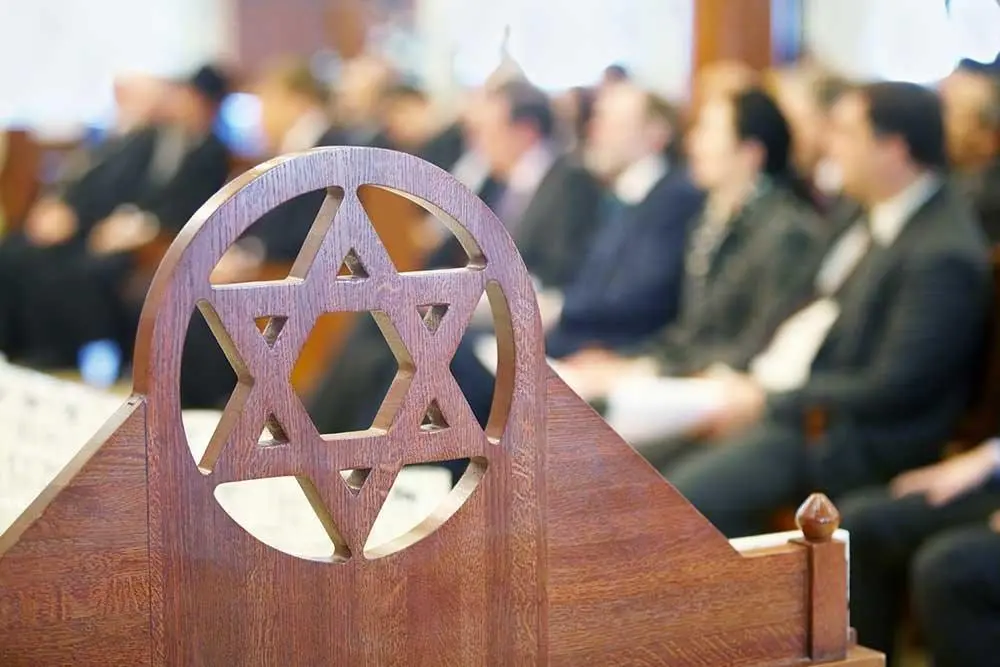The 32-year-old father of four, sudden petirah of Chaim Elefant, suffered a catastrophic heart attack while traveling from Los Angeles to Fort Lauderdale, Florida, on Alaska Airlines. He did not make it through despite efforts to resuscitate him. His four little children—all under the age of seven—as well as his wife Miriam are currently coping with this tragic loss.
Community Support: Rallying Around the Chaim Elefant Family
The Jewish community has come together to raise money for Chaim’s family, with a $3 million target in mind. The goal of this financial assistance is to pay for necessities like their mortgage, counseling, and the kids’ schooling.
Remembering Chaim: A Kind and Generous Soul
Chaim Elefant was well-known for his compassion and kindness, always willing to lend a helping hand to people in need. Those who knew him have been profoundly affected by his unexpected death; many have expressed their sorrow and recalled his altruistic demeanor.
What is the meaning of “petirah”?
The Hebrew word “petirah” signifies dying or passing away. In Jewish contexts, it is frequently used to denote the passing of a person, particularly one who is well-liked or respected in the community.
What role does the petirah ceremony have in Jewish tradition?
Judaism’s Mourning Traditions
The petirah ceremony, which initiates the mourning period known as “shiva,” is a momentous occasion in the Jewish faith that signifies a person’s departure. In order to aid in the healing process, folks who are grieving stay away from joyous events like concerts or parties and instead concentrate on their loss.
Shiva Practices: A Week of Reflection and Remembrance
There are certain customs throughout the seven-day shiva period. Sitting on low chairs or boxes, mourners display their melancholy and humility. It’s customary to light a particular candle every week and to take a break from certain tasks like grooming and entertainment.
Funeral customs: Paying respect and dignity to the deceased
Jewish burial customs involve important rites such as shmirah, which protects the dead, and taharah, which guarantees the body is pure. An important aspect is the burial procedure, which is designed to honor and respect the deceased.
Support from the Community: Uniting During Times of Loss
By providing meals of condolence, helping the bereaved family with charitable gifts (tzedakah), and participating in mourning rituals like reading the Mourner’s Kaddish, the community plays a crucial role. These customs serve to respect the deceased, console the bereaved, and fortify the ties that bind the community together in sad times.
You may also read: Chaim Elefant: A Life Honored and Remembered
What is the difference between a Petirah ceremony and a Shiva ceremony?

The petirah ceremony and the shiva ceremony are both significant in Jewish traditions but serve different purposes. The petirah ceremony refers to the passing away or death of an individual, while the shiva ceremony is a specific mourning period that follows the petirah. Here are the key differences between the two ceremonies:
- Petirah Ceremony:
- The petirah ceremony marks the death of an individual.
- It initiates the mourning period known as shiva.
- It is a solemn event that signifies the loss of a loved one.
- Shiva Ceremony:
- Shiva is a Hebrew word meaning “seven” and refers to a seven-day period of formalized mourning by the immediate family of the deceased.
- Shiva begins immediately after the burial and concludes a short time after the morning service on the seventh day.
- During shiva, mourners traditionally stay at the designated shiva home, refraining from work, school, entertainment, and other outside activities.
- Specific customs are observed during shiva, such as sitting on low stools or boxes, covering mirrors, lighting a memorial candle for seven days, and reciting prayers like the Mourner’s Kaddish.

